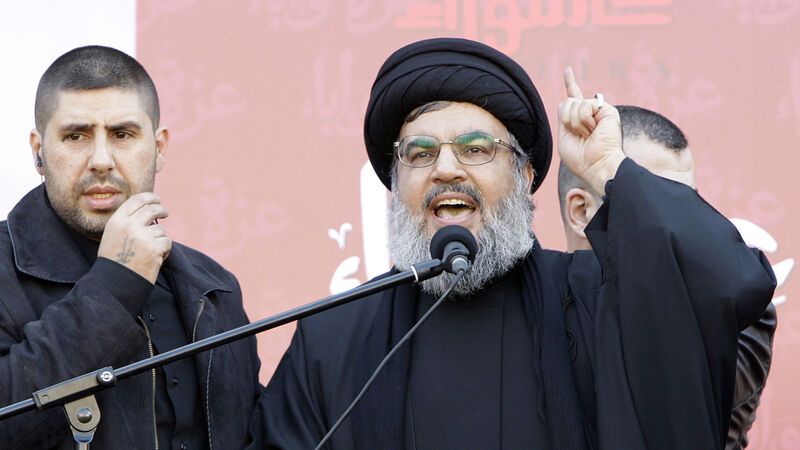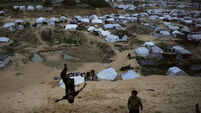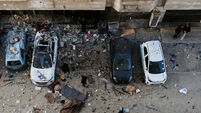Hezbollah confirms death of leader Hassan Nasrallah in Israeli air strike on Beirut

Hezbollah has confirmed that its leader Hassan Nasrallah was killed in an Israeli air strike in Beirut.
A statement on Saturday said Mr Nasrallah, who led the Lebanese group for more than three decades, “has joined his fellow martyrs”.














